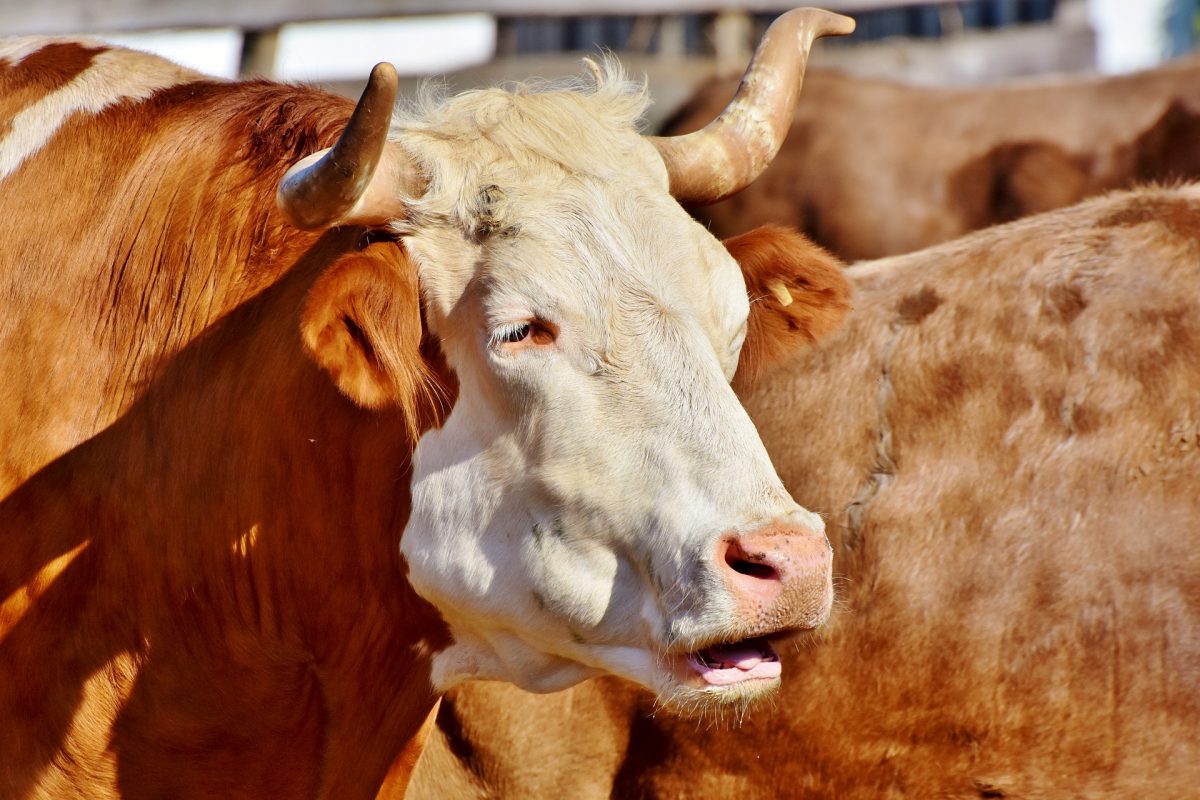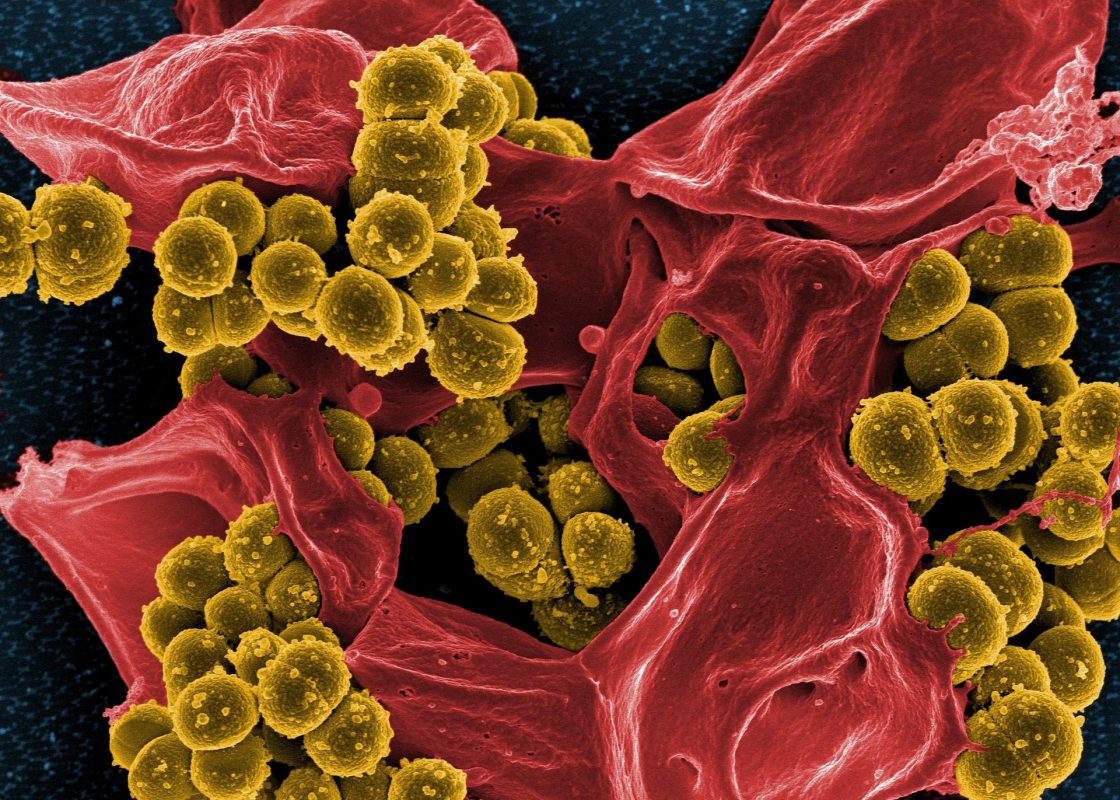
Jordan is a nation working to address challenges with food security — one of today’s most pressing and prevalent global health issues that impact countries regardless of economic prosperity.
A major threat is widespread contamination of raw milk and meat by zoonotic and drug-resistant pathogens.
Investigating the circulation of these pathogens throughout the country is Mohammad Obaidat, an associate professor of food safety and zoonotic diseases at the Jordan University of Science and Technology. In 2016, looking to develop collaborations, Obaidat contacted the NC State College of Veterinary Medicine’s Andy Stringer.
“I needed someone with shared interests who was interested in international work so we could build a strategic relationship,” said Obaidat.
As director of global health education and a clinical assistant professor at the CVM, Stringer was an ideal partner. Since his Ph.D., which focused on improving animal health in Ethiopia, Stringer has used his expertise in veterinary epidemiology to help low and middle-income countries tackle foodborne pathogens, food security and antimicrobial resistance.
To get started, Stringer and Obaidat worked together remotely to analyze Obaidat’s data from two studies, the first investigating antimicrobial resistance in zoonotic pathogens in dairy cattle in Jordan, the second calculating the prevalence of West Nile virus throughout the country. Shortly after, they published two joint research papers in the Journal of Dairy Science and Transactions of the Royal Society of Tropical Medicine and Hygiene.
Next, Obaidat visited the CVM to collaborate with Stringer in the college’s molecular epidemiology laboratories. While on campus, Stringer also introduced Obaidat to NC State researchers working in different fields, from bioinformatics to water sanitation. Familiarizing Obaidat with NC State’s multidisciplinary expertise will make it easier to build a team for future grant proposals, said Stringer.

Food security, antimicrobial resistance and infectious diseases are key priorities for the CVM global health program.
“I couldn’t do this research without Mohammad’s knowledge of Jordan and its health priorities,” said Stringer. “He also has connections with the Ministry of Health and mobility throughout Jordan’s farming communities.”
To establish a sustainable collaboration, Stringer and Obaidat are now working on the collection of preliminary data for their next research project and funding application.
“Preliminary data is important for supporting our research hypothesis,” said Stringer. “But it also demonstrates that we have the necessary expertise, legal and material transfer agreements, and access to target communities to deliver a successful global study.”
Building global partnerships is a priority within the CVM’s global health program, which tackles some of the world’s greatest health challenges such as food security, infectious diseases and antimicrobial resistance through multidisciplinary research, education and training for international researchers.
Alongside Stringer’s collaboration in Jordan, the CVM global health program is helping faculty build partnerships in other countries, including Senegal, India, Brazil, South Africa and Ecuador. The program is also leading an international consortium between the United States, Australia, Brazil and the United Kingdom to mitigate the impact of antimicrobial resistance.
“The global health challenges facing society today are complex, and the CVM is dedicated to fostering multidisciplinary international collaborations to make a real impact,” said Stringer.

